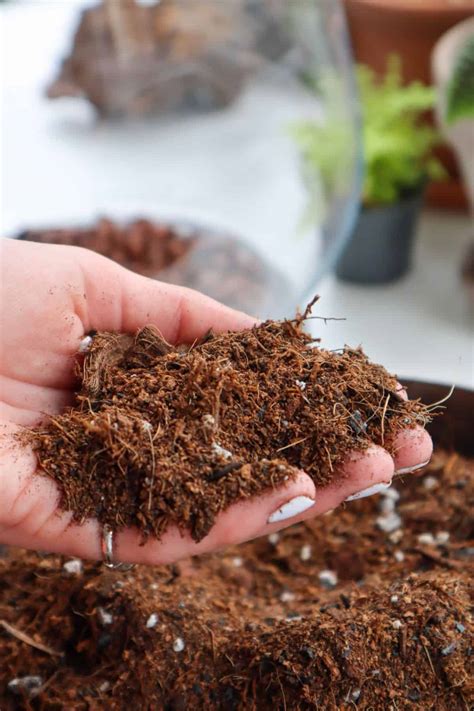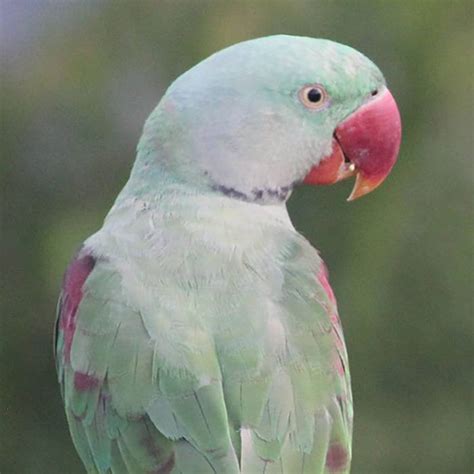Indian Ringneck Parakeets, with their vibrant plumage and distinctive “ring” around their necks, have captured the hearts of bird enthusiasts worldwide. These playful and intelligent companions require specialized care to thrive, and this comprehensive guide will provide you with all the essential knowledge to ensure their well-being.

Understanding Indian Ringneck Parakeets
- Scientific Name: Psittacula krameri
- Size: 16-20 inches
- Lifespan: 20-30 years in captivity
- Personality: Affectionate, playful, and highly intelligent
- Vocalization: Loud and distinctive ringed call
- Coloration: Varies widely, including green, blue, and yellow
Housing and Environment
- Cage Size: Minimum of 24″ x 36″ x 36″ for a single bird
- Perches: Different sizes and textures to promote foot health
- Toys: Variety of toys for mental and physical stimulation
- Lighting: Natural sunlight or full-spectrum artificial light for 12-14 hours daily
- Temperature: 65-80 degrees Fahrenheit
- Humidity: 50-60%
Diet and Nutrition
- Main Diet: Pellets specifically formulated for parakeets
- Fresh Fruits and Vegetables: Variety of fruits (e.g., berries, apples) and vegetables (e.g., leafy greens, carrots)
- Nuts and Seeds: Limited amounts as treats to prevent obesity
- Water: Fresh water available at all times
Health and Veterinary Care
- Regular Checkups: Annual checkups to monitor health and prevent disease
- Common Health Issues: Bacterial infections, feather plucking, and Psittacine Beak and Feather Disease (PBFD)
- Veterinary Care: Seek professional veterinary care if any signs of illness or injury are present
- Vaccinations: May be recommended for certain diseases, such as avian influenza
Training and Behavior
- Socialization: Handle and play with your parakeet daily from a young age to foster a strong bond
- Training: Parakeets can be trained to perform various tricks using positive reinforcement, such as clicker training
- Behavior Problems: Nipping, screeching, and feather plucking can be addressed through training and proper environmental enrichment
- Importance of Bonding: Daily interaction and attention from their owners is crucial for Indian Ringneck Parakeets’ emotional well-being
Current Status and Recommendations
- Conservation Status: Least Concern, but local populations may be threatened due to habitat loss and the illegal pet trade
- Ownership Considerations: Indian Ringneck Parakeets are demanding companions that require significant time and resources to provide for their needs
- Adopting vs. Purchasing: Consider adopting from a rescue organization to give a homeless bird a second chance
- Ethical Breeding: If you choose to breed, ensure ethical practices and prioritize the well-being of the birds
Table 1: Dietary Needs of Indian Ringneck Parakeets
| Food Type | Amount |
|---|---|
| Pellets | 1/2 to 3/4 cup per day |
| Fresh Fruits | 2-3 pieces per day |
| Fresh Vegetables | 1-2 cups per day |
| Nuts and Seeds | 1-2 tablespoons per day as treats |
| Water | Fresh water available at all times |
Table 2: Common Health Issues in Indian Ringneck Parakeets
| Health Issue | Symptoms | Treatment |
|---|---|---|
| Bacterial Infections | Sneezing, nasal discharge, lethargy | Antibiotics |
| Feather Plucking | Loss of feathers, irritated skin | Environmental enrichment, behavioral therapy |
| Psittacine Beak and Feather Disease (PBFD) | Abnormal beak and feather growth, lethargy | No cure, supportive care |
Table 3: Training and Behavior Tips for Indian Ringneck Parakeets
| Behavior | Training Method |
|---|---|
| Nipping | Positive reinforcement (e.g., treats) |
| Screeching | Ignore the behavior, reward quiet behavior |
| Feather Plucking | Environmental enrichment, behavioral therapy |
Table 4: Dos and Don’ts of Indian Ringneck Parakeet Ownership
| Do | Don’t |
|---|---|
| Provide a spacious and stimulating environment | Isolate your parakeet for long periods |
| Socialize and play with your parakeet daily | Yell or physically punish your parakeet |
| Get regular veterinary checkups | Neglect your parakeet’s health |
| Consider adopting from a rescue organization | Support unethical breeders |





















